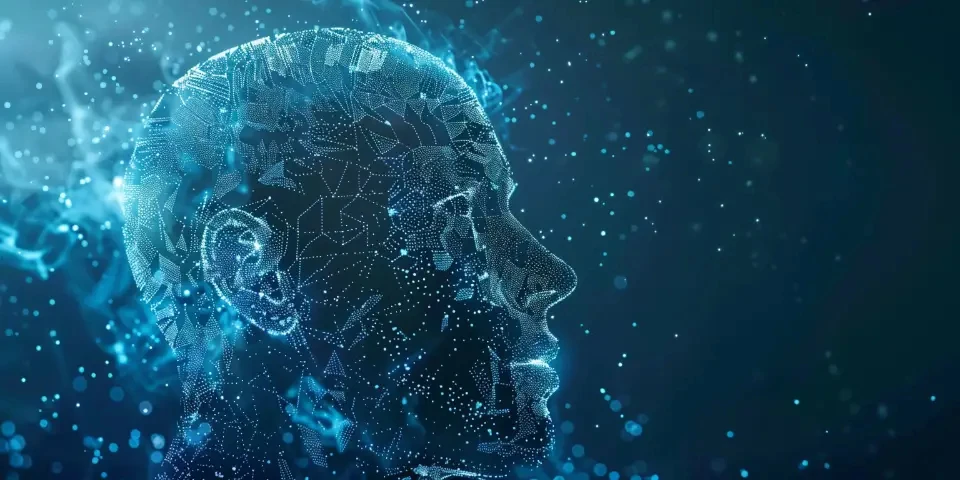From Photography to Art Exploring AI's Creative Capabilities
Artificial intelligence (AI) has revolutionized various industries, and photography is no exception. AI algorithms have enabled photographers and artists to push the boundaries of creativity, transforming simple photographs into captivating works of art. This article aims to explore the diverse creative capabilities of AI in the realm of photography.
1. Automated Image Enhancements
AI-powered image enhancement tools, such as Adobe Lightroom and Skylum Luminar, utilize machine learning algorithms to automatically adjust colors, tones, and exposure levels. These tools save photographers significant time and effort by streamlining the editing process without compromising image quality.

Bullet points:
- Improved workflow efficiency
- Consistent and professional results
2. Intelligent Image Restoration
AI algorithms can restore old and damaged photographs by analyzing patterns and recreating missing details. Platforms like Remini and Photoshop's Content-Aware Fill feature use deep learning techniques to revive torn, faded, or scratched images, giving them a new lease on life.
Bullet points:
- Preservation of historical photographs
- Resurrection of cherished memories
3. Surreal Image Transformations
Using AI-based style transfer techniques, photographers can convert ordinary images into surreal and artistic masterpieces. Software like DeepArt and Prisma employ neural networks to apply the style of famous paintings or distinctive artistic patterns to photographs, giving them an entirely new aesthetic appeal.
Bullet points:
- Discovering new creative possibilities
- Merging photography and traditional art forms
4. Intelligent Image Selection
AI algorithms can analyze and select the most visually appealing images from a vast collection, saving photographers valuable time during the curation process. Applications like Google Photos and Adobe Sensei utilize machine learning to recognize objects, people, and scene compositions, ensuring only the best images are chosen.
Bullet points:
- Efficient organization and image management
- Enhanced storytelling and visual narratives
5. AI-Generated Artistic Filters
AI-powered filter generators, such as Prisma and Deep Dream, can add unique artistic filters to photographs. These filters, crafted with neural networks, can mimic various art styles or create dreamlike effects, allowing photographers to explore new realms of creative expression.
6. Virtual Try-Ons and Visualization
With the help of AI, photographers can now provide clients with virtual try-on experiences before a photoshoot. Tools like StyleMyPic and BodyVisualizer assist in visualizing how different outfits, hairstyles, and makeup will look on an individual, enabling better decision-making and planning.
Bullet points:
- Improved client satisfaction
- Saving time and resources during photoshoots
7. Automated Image Composition
AI algorithms like Google's AutoML and Adobe's Sensei can analyze the visual elements of an image and suggest cropping and composition improvements. This automated composition feature can greatly benefit photographers by providing instant feedback on framing and helping them achieve well-balanced and aesthetically pleasing compositions.
Bullet points:
- Assistance with composition and framing
- Enhancement of visual storytelling
8. AI-Powered Image Upscaling
Traditional methods of upscaling images often resulted in loss of quality and pixelation. However, AI algorithms, such as waifu2x and Topaz Labs' Gigapixel AI, utilize deep learning to accurately and intelligently upscale images while preserving details, textures, and sharpness. This enables photographers to enlarge images without sacrificing quality.
Bullet points:
- Retrieval of previously unusable images
- Better suitability for large-scale prints
Conclusion
The integration of artificial intelligence into photography has opened new avenues for creativity and innovation. From automated enhancements to surreal transformations, AI continues to push the boundaries of what is possible in the world of visual art. Embracing these technologies provides photographers and artists with powerful tools to amplify their creative expression and deliver captivating visual experiences.
Frequently Asked Questions
1. Does AI replace the creativity of artists and photographers?
No, AI tools complement the creativity of artists and photographers by simplifying certain tasks and offering new possibilities. The final creative direction and artistic vision always reside with the human artist.
2. Are AI-powered image enhancement tools suitable for professional photographers?
Absolutely! AI-powered editing tools not only streamline the workflow but also help achieve consistent and professional results, making them highly valuable for professional photographers.
3. How do AI-generated filters differ from traditional filters?
Traditional filters offer a fixed set of effects, while AI-generated filters can be more versatile and adaptive. AI filters can mimic the style of famous artists, allowing for a broader range of creative possibilities.
Explore your companion in WeMate